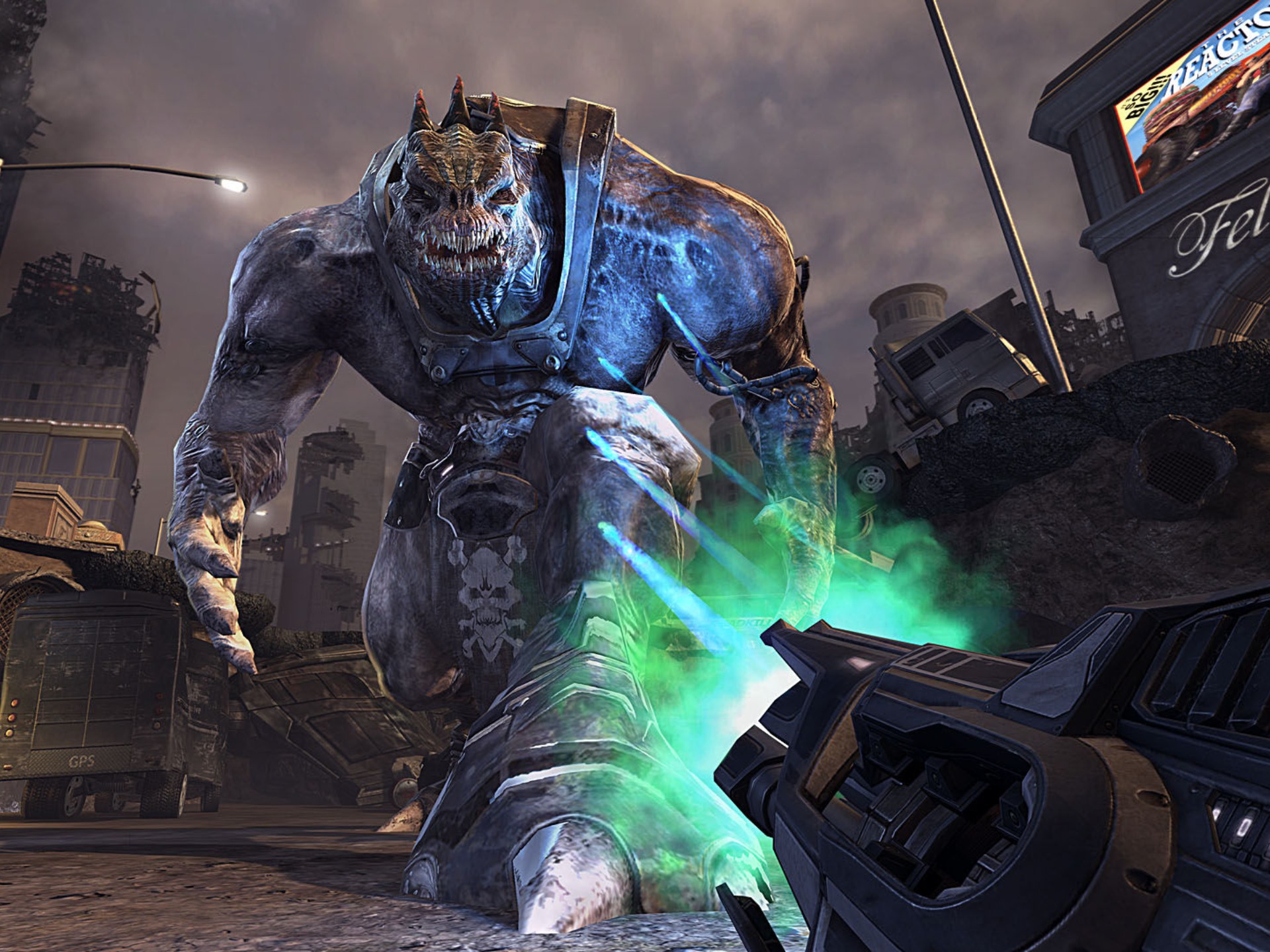Exclusive Interview: The Art of Crafting a Politician’s Campaign Speech
By [Your Name]
Tags: #PoliticalCommunication #Speechwriting #CampaignStrategy #PublicSpeaking #Leadership
Introduction
In the high-stakes world of politics, a well-crafted campaign speech can be the difference between victory and defeat. Behind every powerful political address lies meticulous strategy, persuasive rhetoric, and an understanding of the audience’s pulse. To uncover the secrets of effective political speechwriting, we sat down with James Calloway, a seasoned political strategist and speechwriter who has worked with multiple high-profile candidates.
In this exclusive interview, Calloway reveals the key elements of crafting a compelling campaign speech, the psychology behind persuasive messaging, and how modern technology is reshaping political communication.
The Anatomy of a Winning Campaign Speech
1. Understanding the Audience
"A speech is not just about what the politician wants to say—it’s about what the audience needs to hear." – James Calloway
Before drafting a single word, speechwriters must analyze the demographic, cultural, and economic background of the audience. A speech tailored for rural voters will differ vastly from one designed for urban professionals. Calloway emphasizes:
- Demographics: Age, education, income level, and regional concerns shape messaging.
- Emotional Triggers: Fear, hope, anger, and pride are powerful motivators.
- Local Issues: A speech in Ohio might focus on manufacturing jobs, while one in California could address tech policy.
2. Crafting the Core Message
Every great speech has a central theme—a unifying idea that resonates. Calloway explains:
- Clarity: The message should be simple enough for a 10-year-old to understand.
- Repetition: Key phrases must be reinforced (e.g., "Yes, we can" or "Make America Great Again").
- Authenticity: Voters detect insincerity instantly. The speech must align with the candidate’s true beliefs.
3. The Power of Storytelling
"Facts tell, but stories sell."
Politicians who weave personal anecdotes into speeches create emotional connections. Calloway cites examples like:
- Ronald Reagan’s "Morning in America" – A narrative of national renewal.
- Barack Obama’s 2004 DNC Speech – His personal journey symbolized the American Dream.
4. Rhetorical Devices That Persuade
Classical rhetoric remains a cornerstone of political speechwriting:
- Anaphora (Repetition): "We shall fight on the beaches, we shall fight on the landing grounds…" (Churchill).
- Tricolon (Rule of Three): "Government of the people, by the people, for the people." (Lincoln).
- Contrast (Antithesis): "Ask not what your country can do for you—ask what you can do for your country." (JFK).
5. The Role of Humor and Relatability
A well-placed joke can disarm critics and humanize a candidate. Calloway recalls:
- Boris Johnson’s self-deprecating humor made him appear more approachable.
- Joe Biden’s folksy anecdotes helped him connect with working-class voters.
The Evolution of Speechwriting in the Digital Age
1. Social Media’s Influence
Modern speeches must be shareable—concise soundbites for Twitter, TikTok, and Instagram. Calloway notes:
- Pauses for Applause: Speeches are now structured for viral moments.
- Visual Backdrops: Staging (flags, banners) reinforces branding.
2. Data-Driven Speechwriting
AI tools analyze voter sentiment, helping tailor speeches in real-time:
- Sentiment Analysis: Adjusting tone based on crowd reactions.
- A/B Testing: Different versions of a speech are tested before live delivery.
3. The Rise of Teleprompters and Real-Time Editing
Gone are the days of memorized speeches. Today:

- Teleprompters ensure flawless delivery.
- Speechwriters monitor live feedback and suggest on-the-fly adjustments.
Challenges in Modern Political Speechwriting
1. Polarization and Divisive Rhetoric
With increasing political divides, some candidates resort to inflammatory language for short-term gains. Calloway warns:
- Long-Term Damage: Extreme rhetoric can alienate moderate voters.
- Ethical Dilemmas: Should speechwriters amplify divisive messages for electoral success?
2. The Threat of Misinformation
Fact-checking is crucial—one false claim can derail a campaign.
3. Balancing Authenticity and Polish
"Voters want a leader who is both presidential and relatable."
Overly scripted speeches feel robotic, while unpolished ones risk gaffes.
Final Thoughts: The Future of Political Speeches
As technology evolves, so will speechwriting. Calloway predicts:
- AI-Generated Speeches: Tools like ChatGPT may draft initial outlines.
- Interactive Speeches: Real-time polling could shape live addresses.
- Virtual Reality Rallies: Politicians might soon deliver speeches in metaverse campaigns.
Yet, one thing remains constant: the power of a well-delivered message to move nations.
Conclusion
Crafting a campaign speech is both an art and a science. From Aristotle’s rhetoric to AI-driven analytics, the tools may change, but the goal remains—to inspire, persuade, and lead. As James Calloway aptly puts it:
"The right words at the right time can change history."
What do you think makes a political speech unforgettable? Share your thoughts in the comments!
#PoliticalSpeeches #Leadership #Election2024 #SpeechwritingTips
[Your Name] is a political analyst and communications expert with over a decade of experience in campaign strategy. Follow for more insights on public speaking and leadership.
(Word count: 1,020)
Would you like any refinements or additional sections?


















